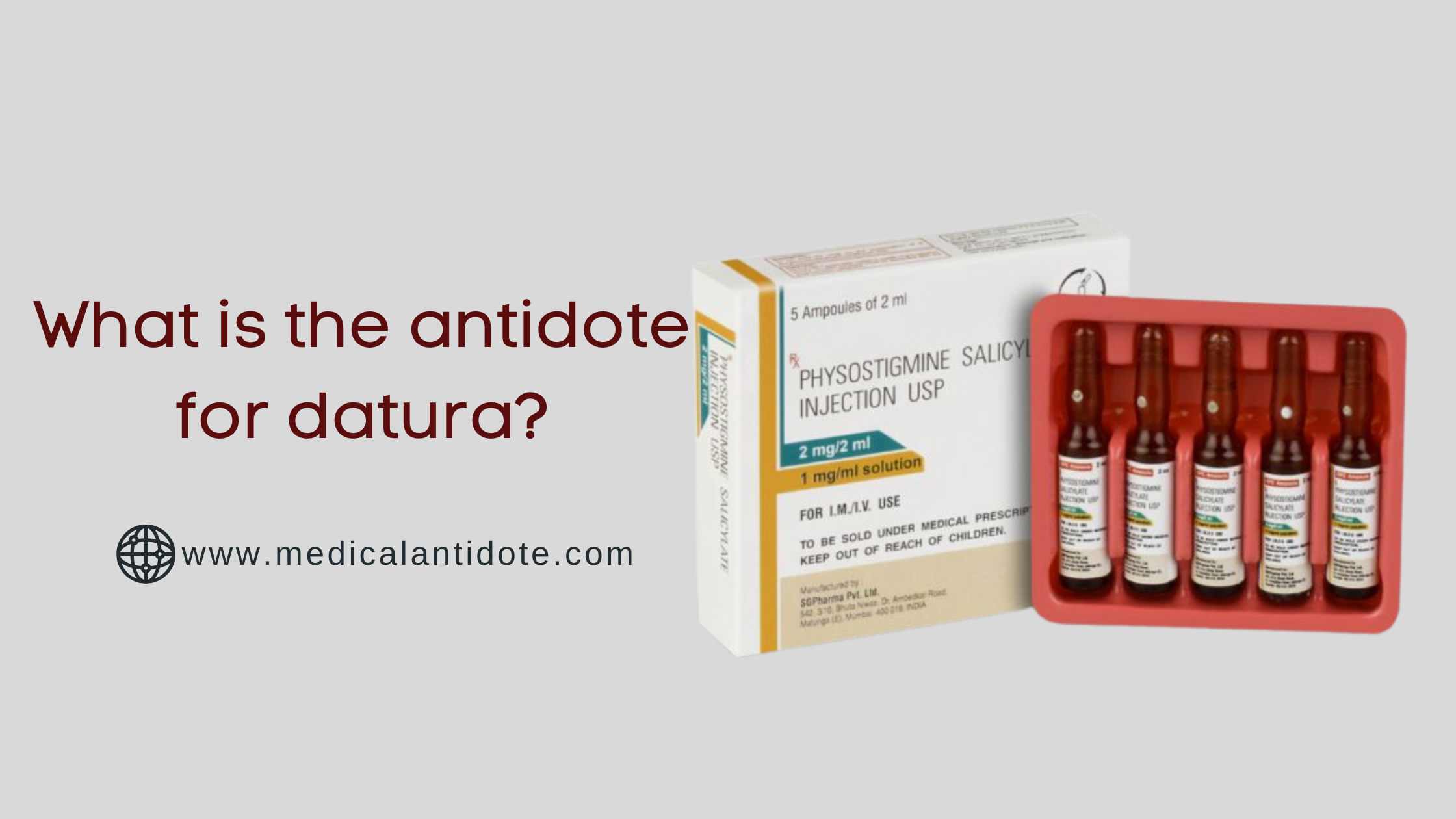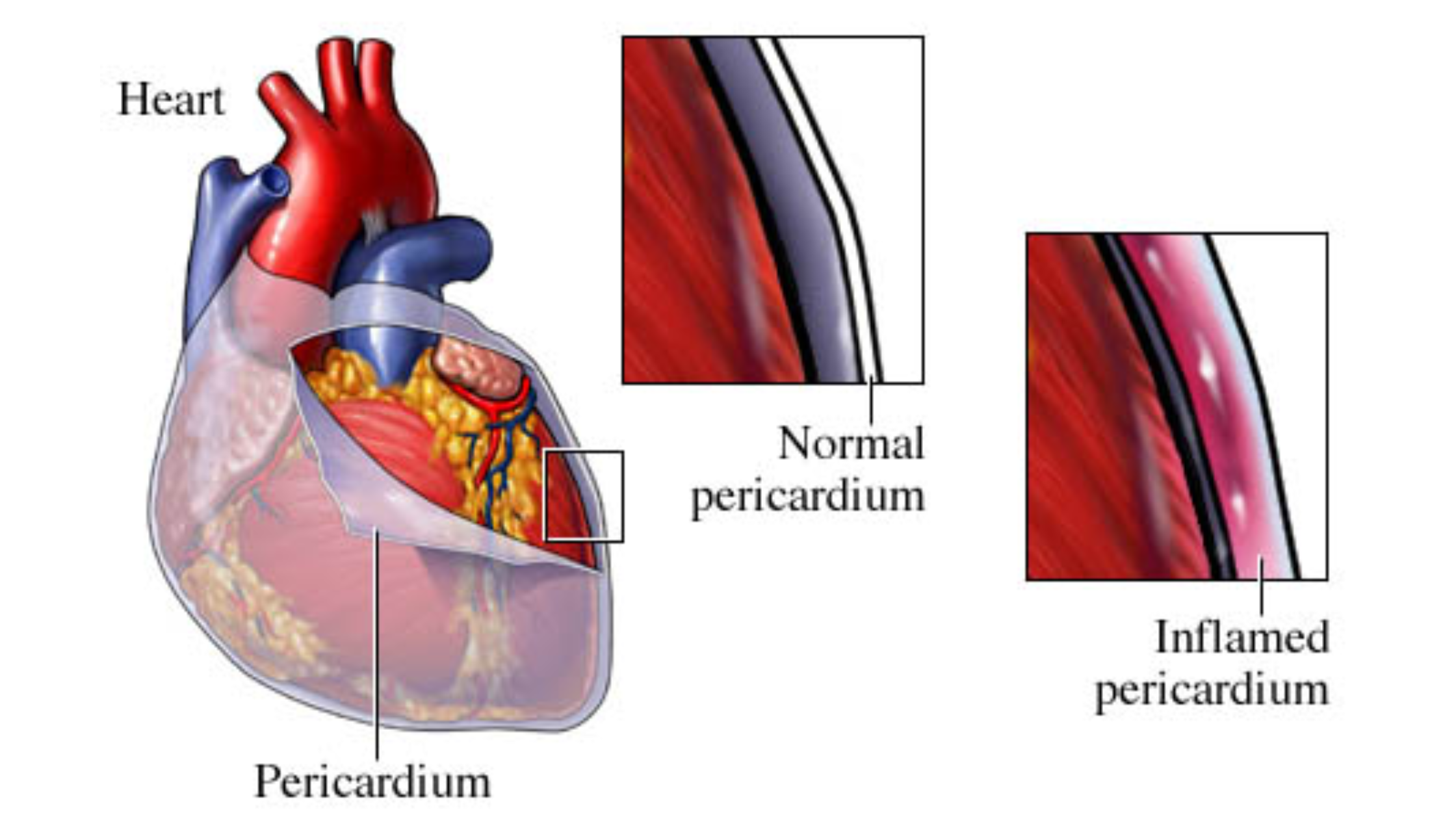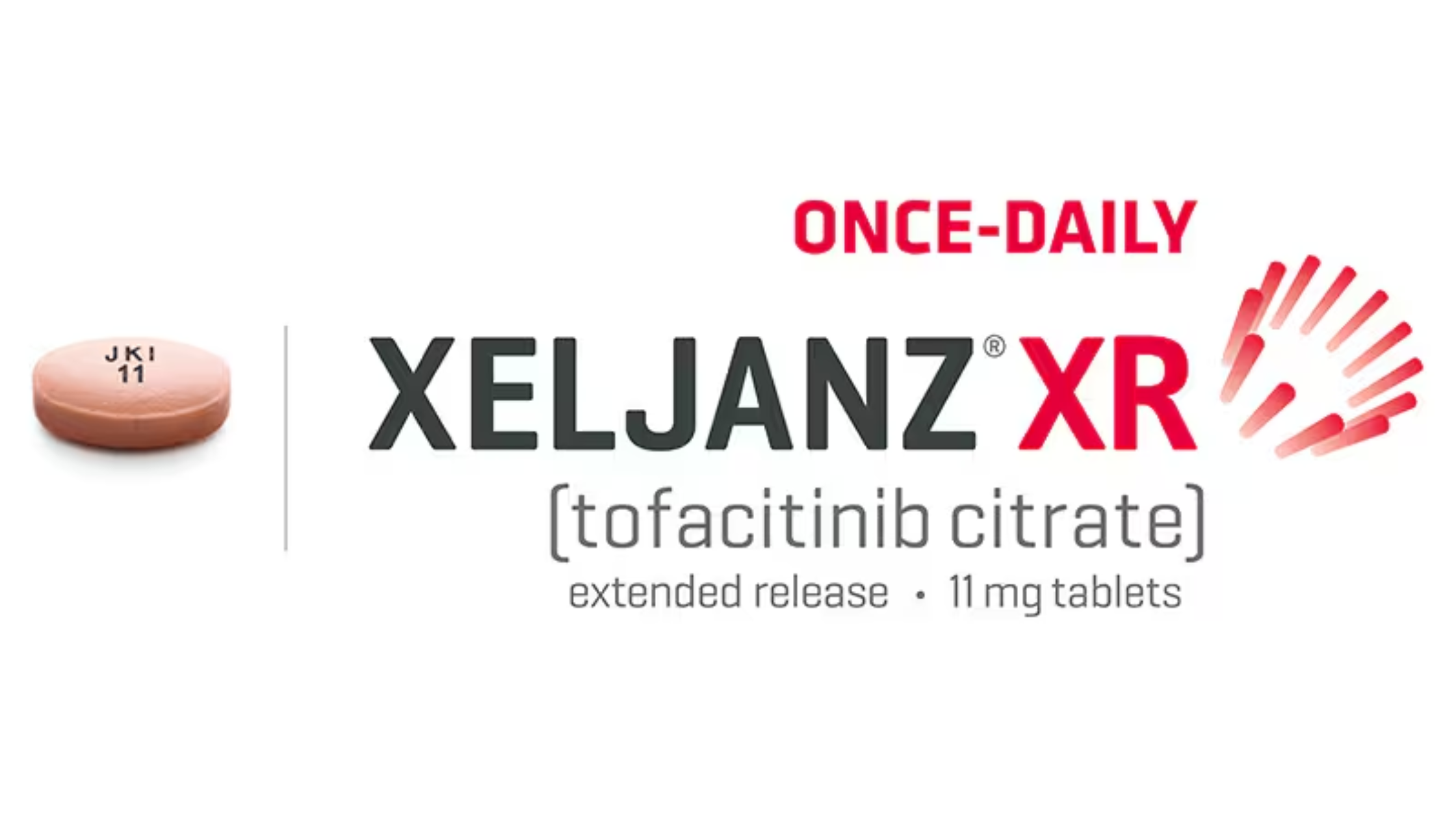The antidote for Datura poisoning is physostigmine, an effective agent in reversing the anticholinergic toxicity caused by the plant’s active alkaloids. Datura contains dangerous compounds such as atropine, hyoscyamine, and scopolamine, which act by blocking acetylcholine receptors and can cause symptoms like agitation, hallucinations, tachycardia, dilated pupils, dry mouth, hyperthermia, and even seizures or coma in severe cases.
Datura Poisoning
Datura (also known as Jimson weed or thorn apple) poisoning occurs due to its potent tropane alkaloids—atropine, scopolamine, and hyoscyamine—that exert strong anticholinergic effects. After ingestion, symptoms usually arise within 30 to 60 minutes and can last 24 to 48 hours. The plant can be toxic in small amounts, and fatal doses generally include ingestion of 50 to 100 seeds or 10 to 100 mg of atropine equivalents, although higher doses have been survived.
Symptoms of Datura Poisoning
Patients present with a classic anticholinergic syndrome caused by datura poisoning:
- confusion
- agitation
- hallucinations
- dry mucous membranes
- dilated nonreactive pupils
- tachycardia
- urinary retention
- hyperthermia, and
- decreased bowel sounds
Due to these severe neurologic and cardiovascular symptoms, prompt treatment is critical.
General Management and Supportive Care
Initial management of Datura poisoning focuses on supportive care:
- Airway, breathing, circulation (ABC): Ensuring airway patency and adequate ventilation is essential, especially if the patient is unconscious or severely agitated.
- Gastrointestinal decontamination: Activated charcoal is given orally or via a tube to reduce further absorption of toxins. Gastric lavage may be performed if early after ingestion. Slowed gastrointestinal motility may prolong toxin absorption, making decontamination helpful even hours after poisoning.
- Sedation and temperature control: Benzodiazepines like diazepam can soothe agitation and seizures, while external cooling measures manage hyperthermia.
- Intravenous fluids to support circulation and prevent complications such as renal failure.
- Continuous monitoring of cardiac rhythm, vital signs, and neurologic status.
Blood purification therapies such as hemoperfusion and continuous renal replacement therapy (CRRT) have shown utility in severe cases, particularly in children.
Antidote: Physostigmine
Physostigmine is the definitive antidote for the anticholinergic effects of Datura toxins. It is a reversible cholinesterase inhibitor that crosses the blood-brain barrier, increasing acetylcholine concentrations and antagonizing the effects of atropine on both the central and peripheral nervous systems.
- Dosage: Adults typically receive 0.5 to 2 mg intravenously, which can be repeated every 20 minutes as needed. Children are given 0.02 mg/kg IV at intervals up to a maximum total dose.
- Indications: It is used in cases with severe agitation, psychosis, intractable seizures, coma, or cardiovascular instability such as dysrhythmias and uncontrolled tachycardia.
- Contraindications: Caution is needed in patients with cardiac conduction defects (e.g., AV block) as physostigmine can cause bradyarrhythmias or asystole. It should be administered slowly with careful monitoring.
- The antidote effect is short-lived (20–60 minutes), so repeated doses or continuous monitoring is often required.
Note that neostigmine and pyridostigmine, other cholinesterase inhibitors, do not effectively cross into the brain and therefore do not reverse central nervous system symptoms in Datura poisoning. Pilocarpine, sometimes used, is generally ineffective as an antidote.
Additional Considerations
- Patients should be kept in a calm, quiet, and dark environment to minimize sensory stimulation and worsening of agitation.
- Hyperthermia above 39°C should be aggressively managed with core temperature monitoring and cooling protocols due to risk of complications.
- Cardiovascular symptoms like tachycardia usually respond well to volume replacement with crystalloids; beta-blockers may be considered if hemodynamic compromise occurs.
- Sedation with benzodiazepines is safer and preferred over neuroleptics.
- Close observation for respiratory depression and seizures is vital during the acute phase.
The treatment of Datura poisoning is mainly supportive, with physostigmine as the specific antidote administered intravenously to counteract the anticholinergic toxicity. Supportive care includes airway management, gastric decontamination with activated charcoal, fluid resuscitation, sedation with benzodiazepines, and temperature control. Monitoring cardiac and neurological status is crucial due to the risk of severe complications. Blood purification methods may be used in severe poisoning, especially in children. Avoidance of further exposure and educational efforts about Datura’s dangers are important preventive strategies.




